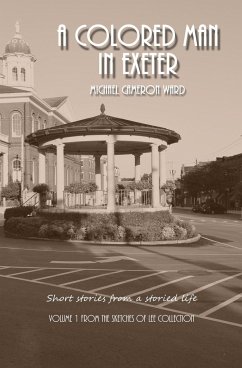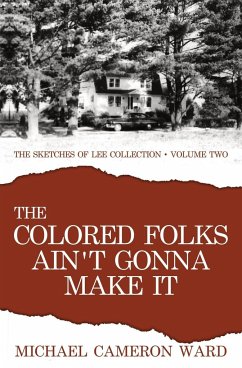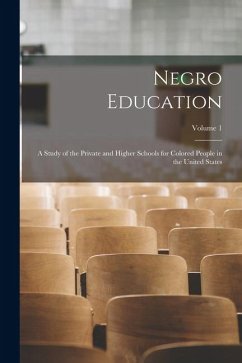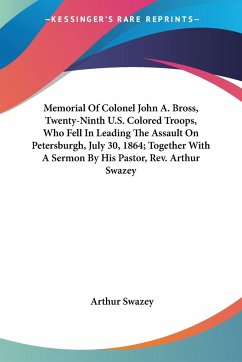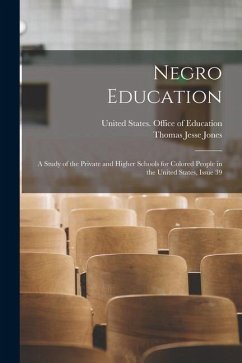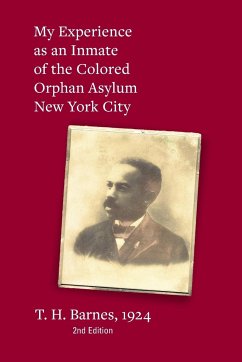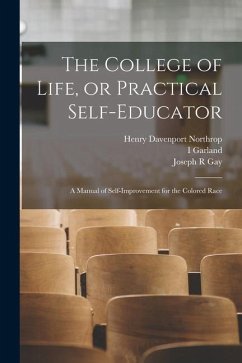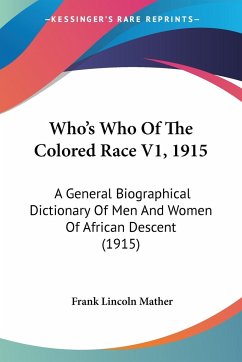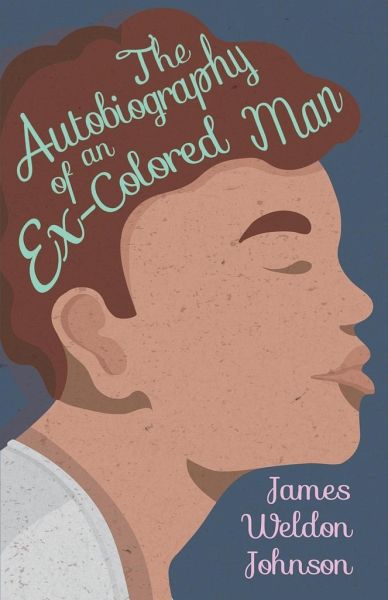
The Autobiography of an Ex-Colored Man
Versandkostenfrei!
Versandfertig in 1-2 Wochen
18,99 €
inkl. MwSt.

PAYBACK Punkte
9 °P sammeln!
James Weldon Johnson (1871¿1938) was an American civil rights activist and writer. He led the National Association for the Advancement of Colored People and was the first African-American professor at New York University. As a writer, Johnson was well-known in the Harlem Renaissance for his novels and poems which dealt primarily with black culture. In ¿The Autobiography of an Ex-Colored Man¿, Johnson offers a fictional account of a biracial man living in America in the late nineteenth and early twentieth centuries who attempts to pass as a white man to ensure his safety and future prospects...
James Weldon Johnson (1871¿1938) was an American civil rights activist and writer. He led the National Association for the Advancement of Colored People and was the first African-American professor at New York University. As a writer, Johnson was well-known in the Harlem Renaissance for his novels and poems which dealt primarily with black culture. In ¿The Autobiography of an Ex-Colored Man¿, Johnson offers a fictional account of a biracial man living in America in the late nineteenth and early twentieth centuries who attempts to pass as a white man to ensure his safety and future prospects. Read & Co. Classics is republishing this classic novel now in a new addition complete with the poem ¿At the Closed Gate of Justice¿ by James D. Corrothers.






